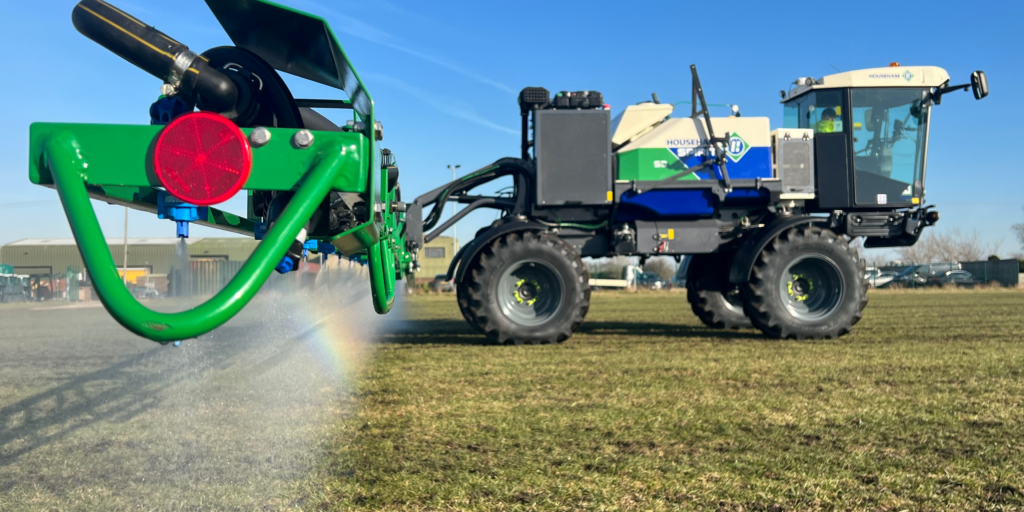Farming is synonymous with long hours spent outdoors, often under the relentless gaze of the sun. While sunlight is essential for crop growth and sustenance, prolonged exposure can pose significant risks to farmers’ health.
As Sun Awareness Week 2024 casts its spotlight on the importance of sun safety, it’s essential to address a particularly vulnerable group: agricultural workers. Amidst the vast fields and endless skies, those toiling in agriculture are exposed to the sun’s relentless rays for prolonged periods, placing them at heightened risk of sun-related health issues. This week presents an opportune moment to shine a light on sun safety practices tailored to the unique needs of agricultural workers.
Agriculture, the backbone of our society, relies on the tireless efforts of farmers, laborers, and agricultural workers who toil under the open sky. However, this exposure comes at a cost, as prolonged sun exposure poses significant health risks, including sunburn, heatstroke, and skin cancer. Recognizing the inherent risks faced by agricultural workers is the first step towards implementing effective sun safety measures in this vital sector.
Education emerges as a cornerstone of sun safety in agriculture. Providing comprehensive training programs that highlight the risks of sun exposure and emphasize preventive measures can empower agricultural workers to protect themselves while working outdoors. Collaborating with agricultural organizations, unions, and extension services can facilitate the dissemination of sun safety information to workers across the agricultural sector.
Furthermore, access to sun-protective gear is paramount for agricultural workers. Providing lightweight, long-sleeved clothing, wide-brimmed hats, and sunglasses with UV protection equips workers with the necessary tools to shield themselves from the sun’s harmful rays. Employers and policymakers must prioritize the provision of such protective gear and ensure its availability to all agricultural workers, regardless of their socioeconomic status.
In addition to protective gear, implementing practical measures to minimize sun exposure can significantly reduce the risk of sun-related ailments. Scheduling outdoor work during the cooler hours of the day, providing shaded rest areas, and encouraging frequent breaks in shaded areas can help mitigate the adverse effects of prolonged sun exposure. Moreover, promoting the use of sunscreen and facilitating access to it on agricultural worksites reinforces the importance of proactive sun protection.
Equally crucial is fostering a supportive workplace culture that prioritizes sun safety. Encouraging open dialogue about sun protection, recognizing and addressing barriers to adherence, and providing ongoing support and resources can cultivate a culture where sun safety becomes ingrained in everyday practices.
Sun Awareness Week 2024 serves as a rallying cry to prioritize the health and well-being of agricultural workers. By championing education, providing access to protective gear, implementing practical measures, and fostering a supportive workplace culture, we can cultivate a safer environment for those who sustain our agricultural industry.
As we commemorate Sun Awareness Week, let us reaffirm our commitment to protecting the unsung heroes of agriculture from the harsh realities of sun exposure. Together, let us cultivate a culture of sun safety that ensures the health, safety, and prosperity of agricultural workers for generations to come.
